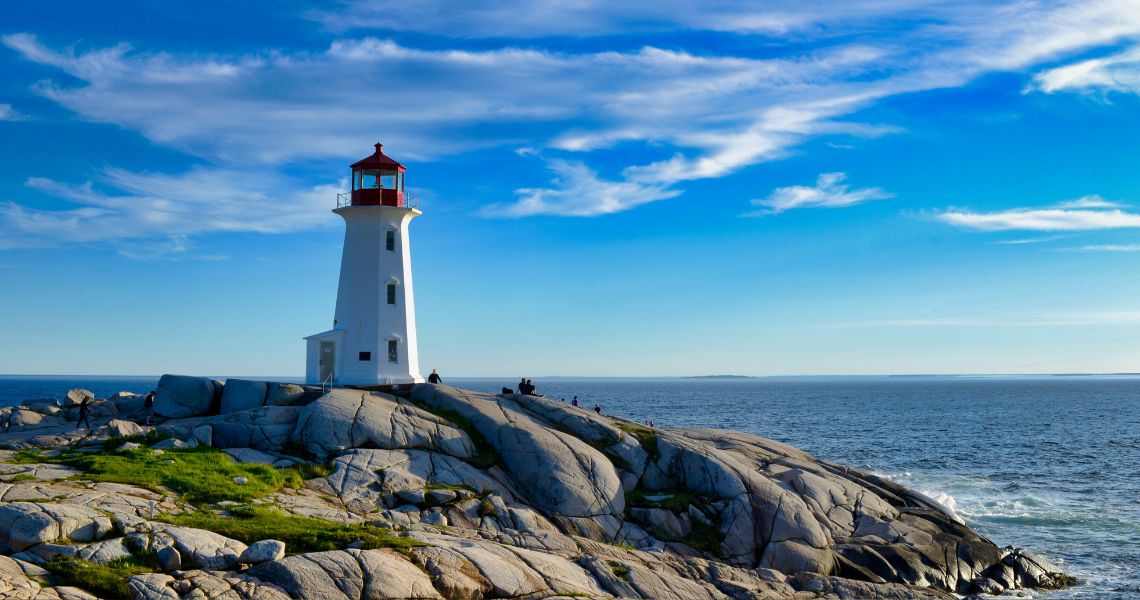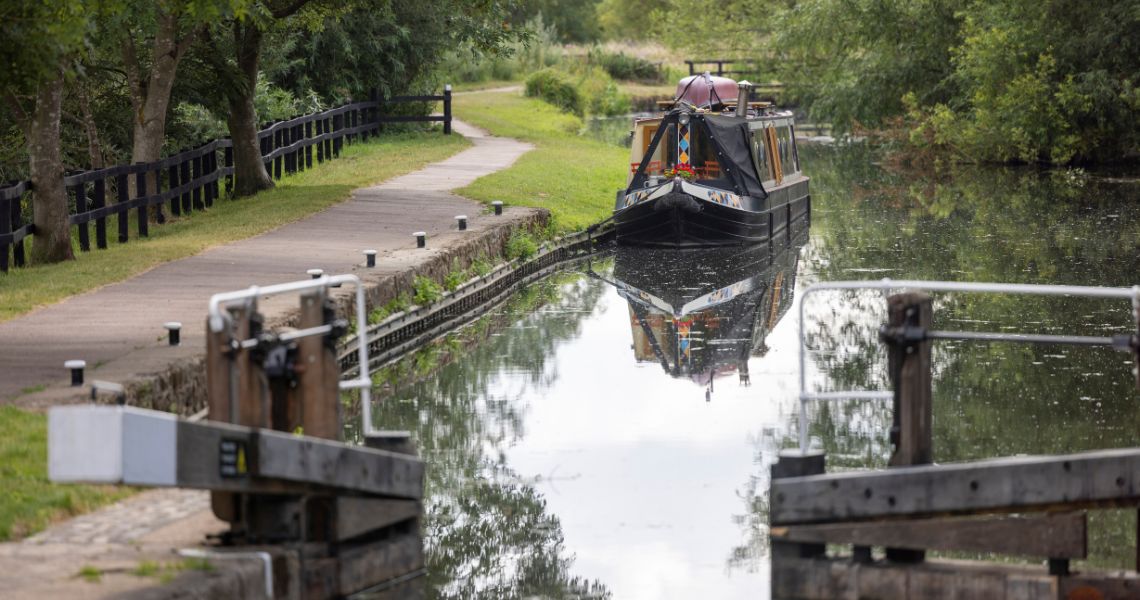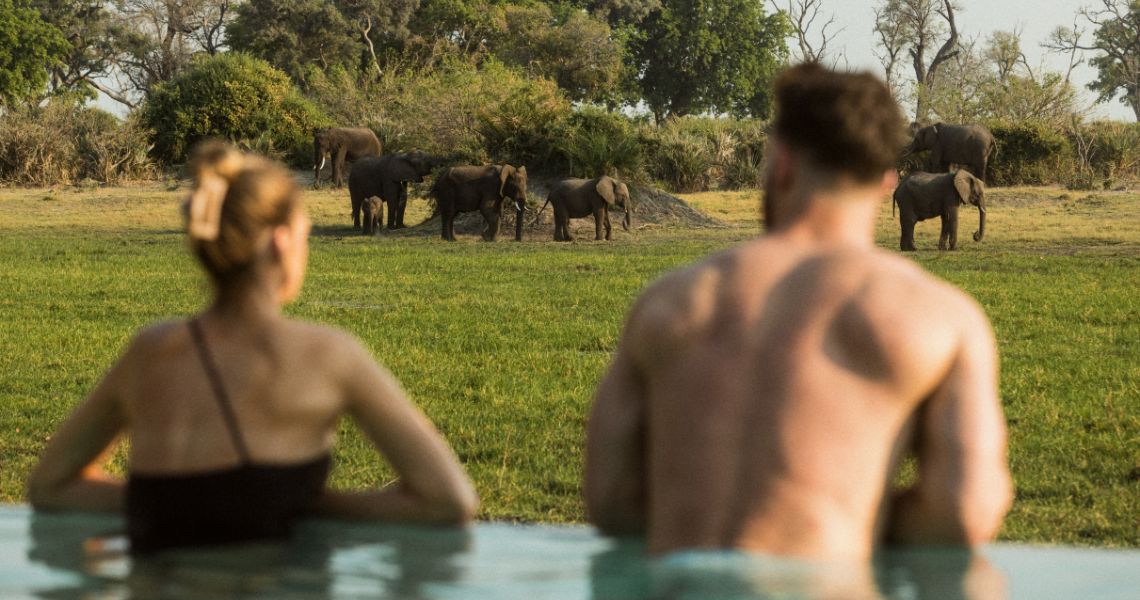Across the world, scientists and farmers are searching for answers to food security. In the Netherlands, a nation famed for its innovation, those answers are starting to take shape, and hopefully the rest of us are paying close attention.
I don’t want to be a Debbie Downer, but with the global population racing towards ten billion, there is one question that we really need to answer – how on earth are we going to feed everyone? On a recent trip with Visit Netherlands, I explored this new era of sustainable food innovation one that combines centuries of farming wisdom with some of the world’s most advanced technology.
The Dutch have long been pioneers in agriculture. Their compact, flat landscape has pushed them to think creatively, efficiently, and collaboratively. Now, under the banner of New Dutch Food, they’re leading a quiet revolution in how we grow, produce, and think about what ends up on our plates (and I low-key love them for it!).
From Seaweed to Science
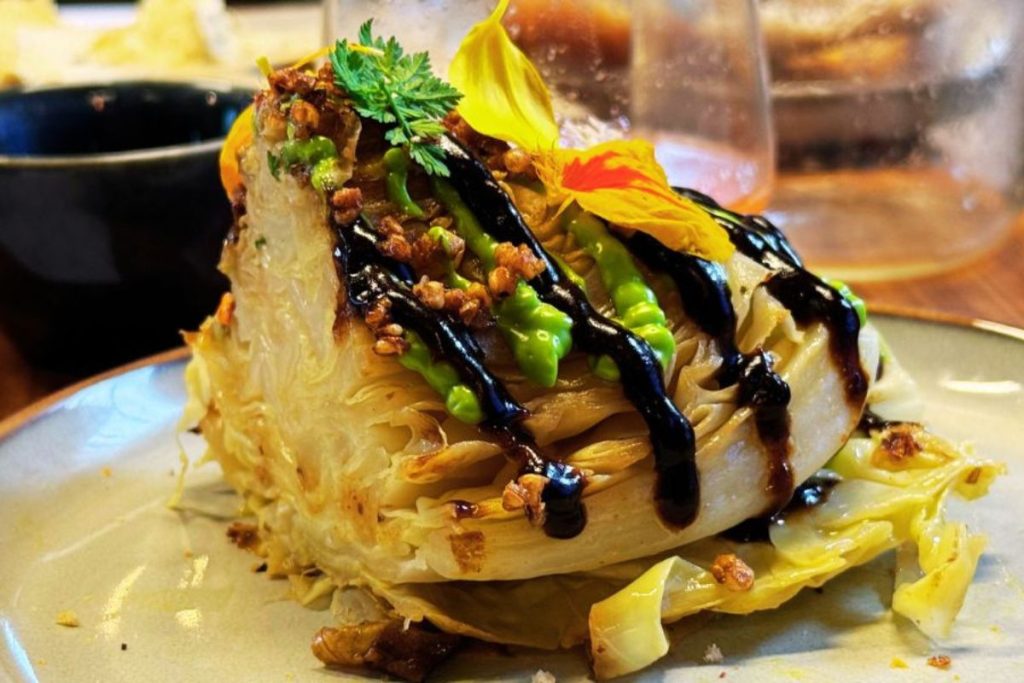
At Restaurant Vilani in The Hague, lunch with the North Sea Farmers was a revelation, a three-course meal including ‘hybrid meat’ with an unexpected hero ingredient.
Initially I did a bit of a double take, were my meat-eating companions going to be tucking into a creature that was half-cow, half-pig or something similar? Thankfully no, the hybrid element was seaweed!
Starters (for the meat-eaters) was hybrid Carpaccio, soup with a seaweed pesto was the plant-based option, with a plant-based burger for the main course, which was suitable for everyone.
The North Sea Farmers explained how their pioneering North Sea Farm project is turning this humble marine plant into a game-changer for global food security.
It turns out that seaweed can replace up to 25% of the meat in a premium burger, boosting flavour and nutrition while reducing environmental impact by a similar margin.
It grows without fertiliser, fresh water, or land and it captures carbon as it grows. If we can reduce the impact of meat reduction using seaweed, then I think this is one of the smartest swaps yet.
Smarter Farming
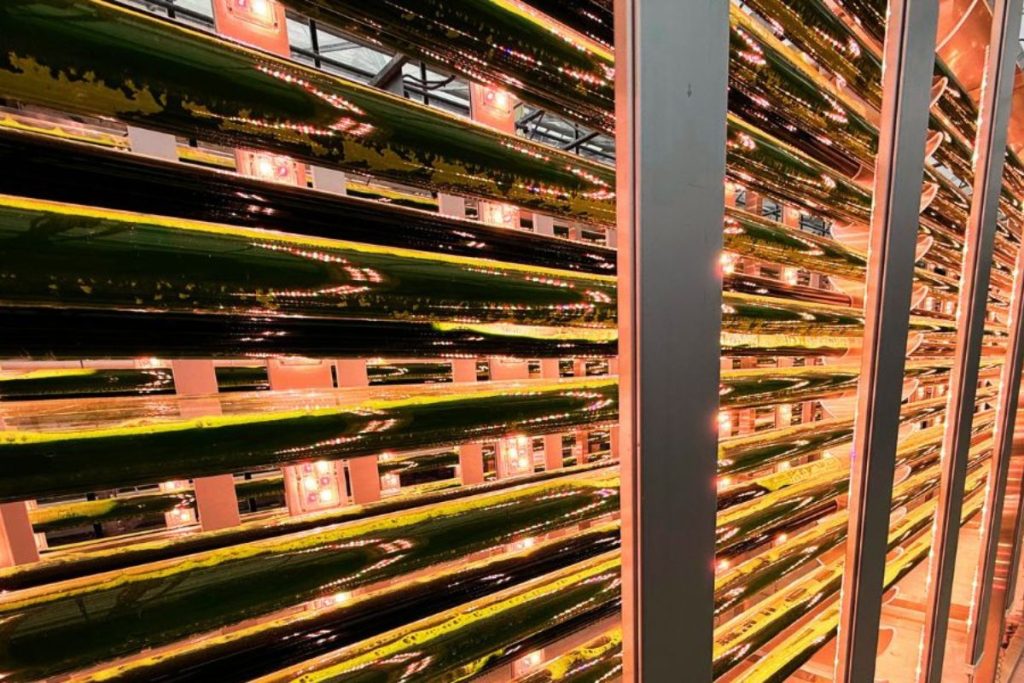
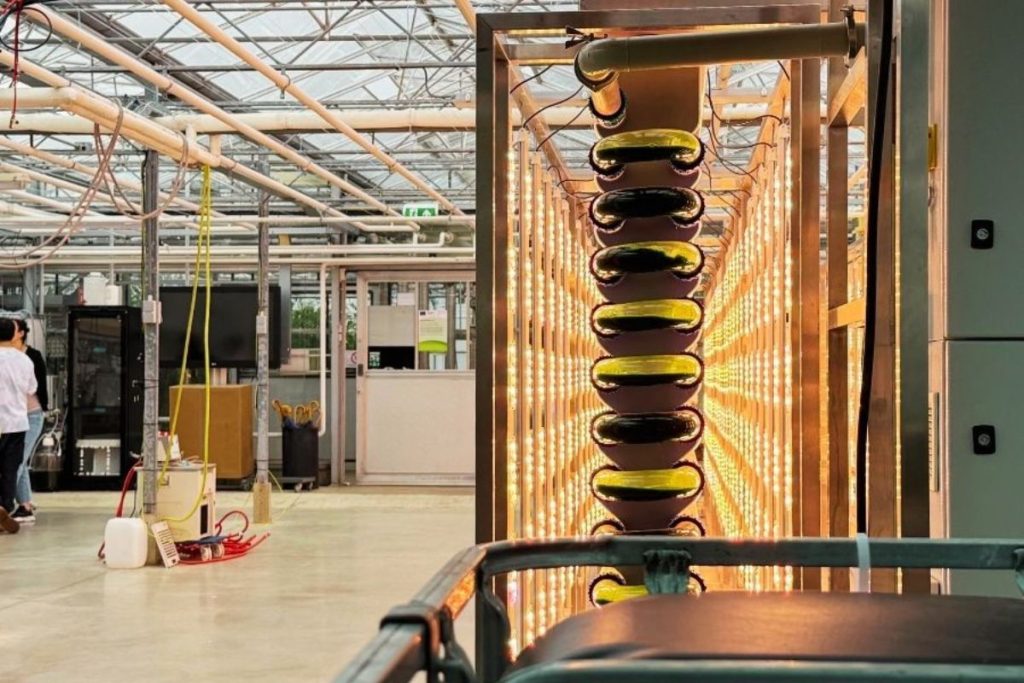
Technology and agriculture are coming together in the Netherlands in ways that would have sounded like science fiction a decade ago.
At NIZO, one of the world’s leading research centres for nutrition and health, scientists are using cutting-edge food processing techniques to make ‘protein transition’ easier. Put simply, this is working on ways to incorporate plant-based proteins seamlessly into everyday foods without losing the nutritional benefits, or affecting the product.
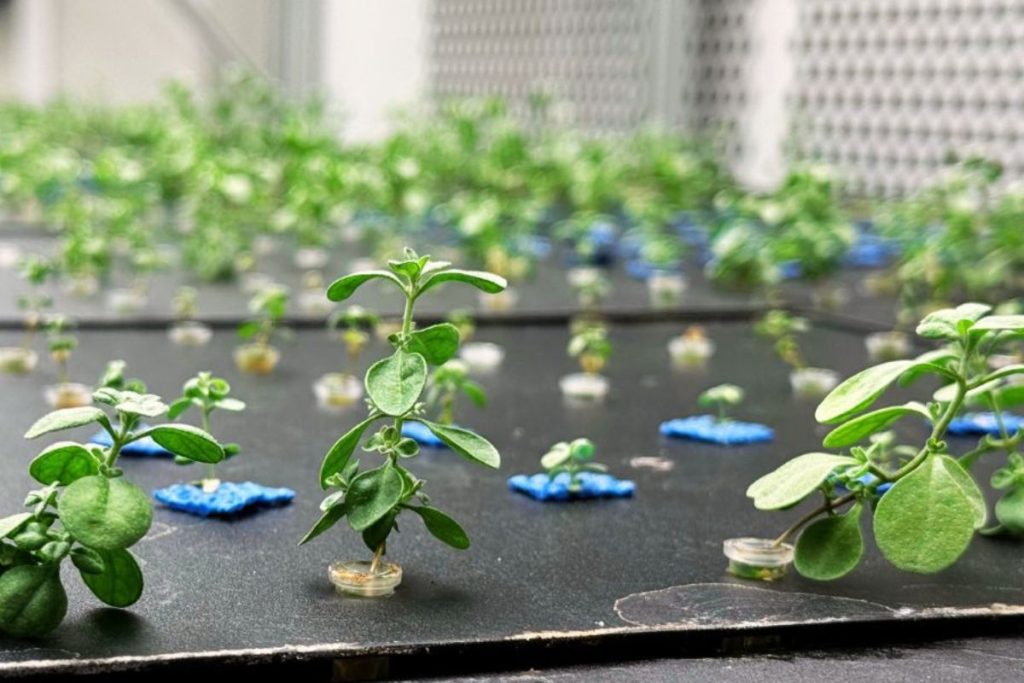
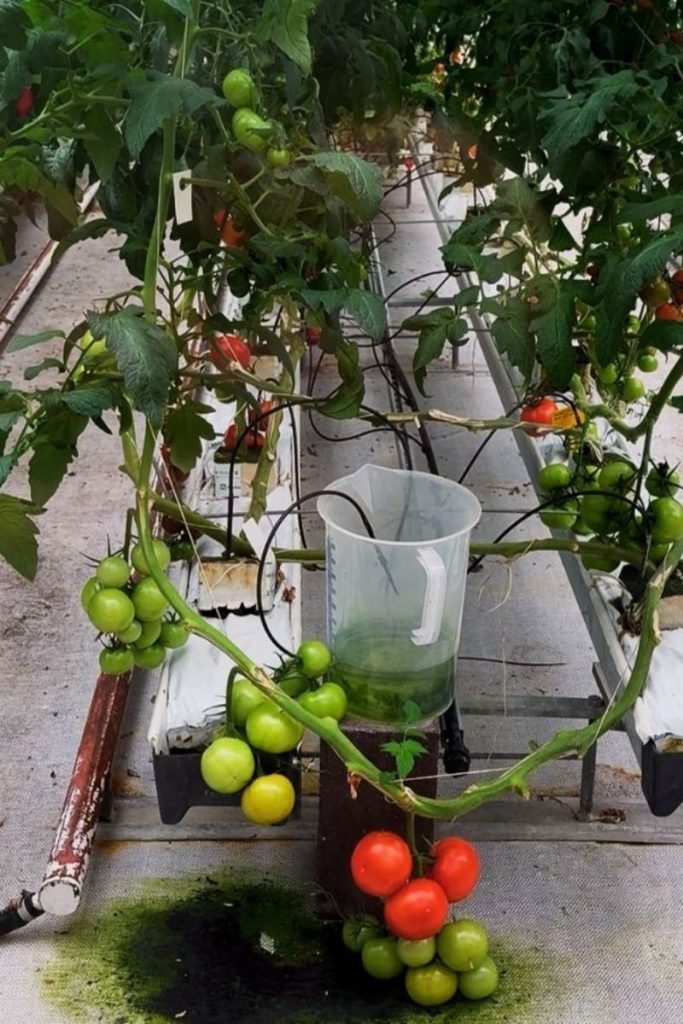
Nearby at Saia Agrobotics, they are working on huge climate-controlled greenhouses, using AI and robotics to measure, harvest and analyse the crop with precision.
And at Corvus Drones they have developed sophisticated software to support fleets of tiny drones monitoring plant growth and spotting pests before they become a problem. When you have many hectares of plants to monitor this is an amazing help, but the most impressive thing for me, was that the drones that they use are, more or less, off the shelf products which means that the cost of start-up and maintenance is less than you might think.
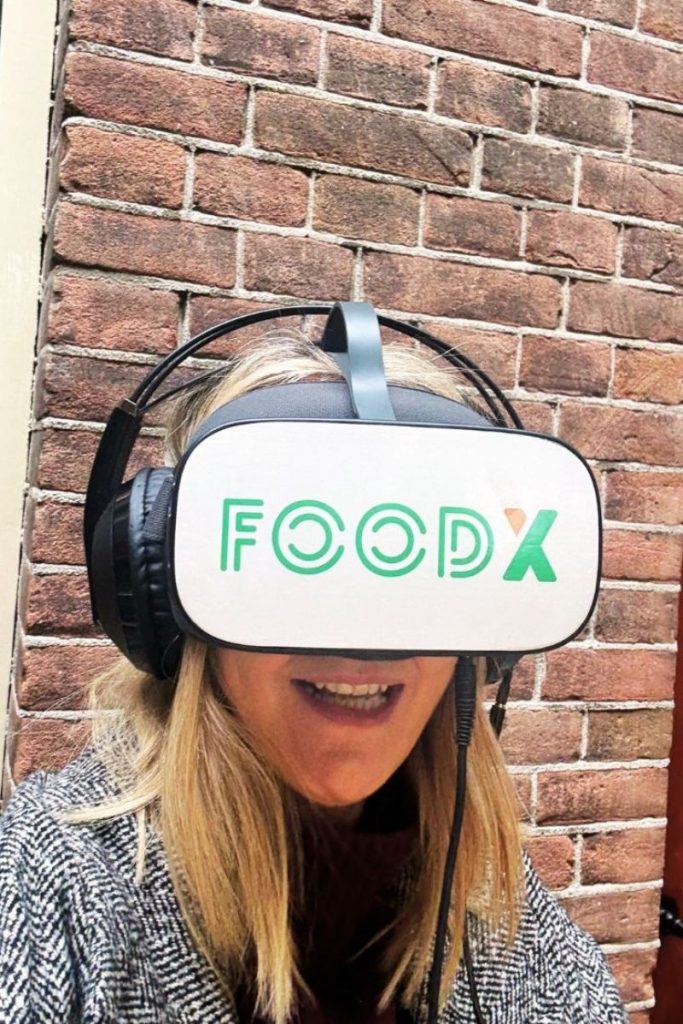
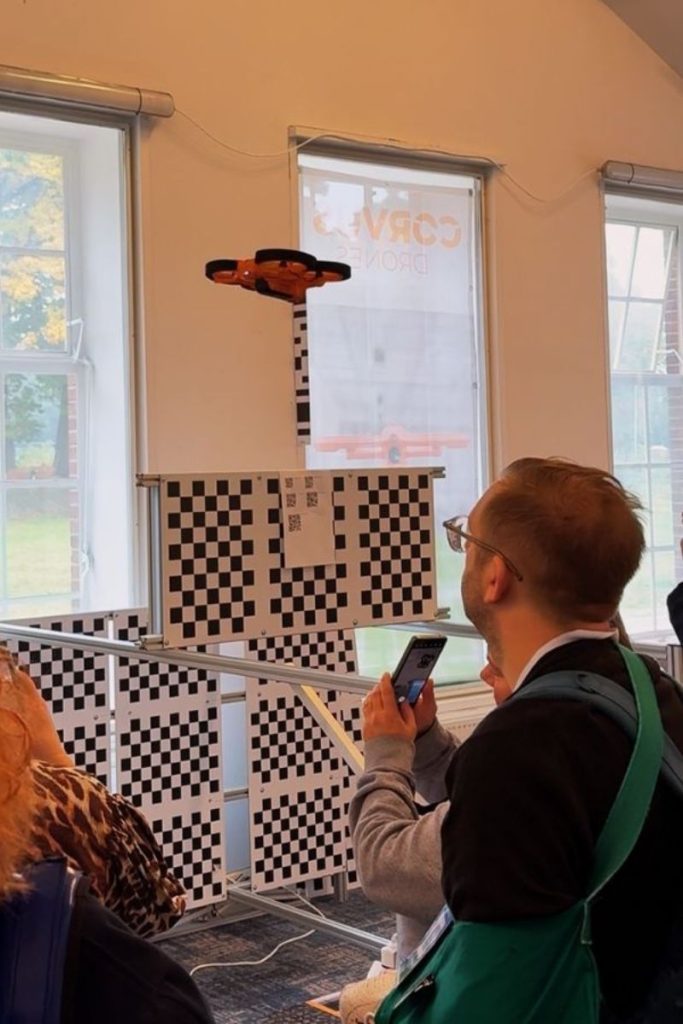
Over at Wageningen University, the beating heart of Dutch agricultural research, their algae reactors and phenotyping work allows scientists to study plants in extraordinary detail. Here they have created a product using the algae to make a replacement for palm oil!
Back at the Postillion Hotel that evening, the Plant First dinner menu reflected this new approach perfectly: creative, colourful, and bursting with flavour proof that eating sustainably doesn’t mean compromising on pleasure. The entire menu is plant-based, but guests can add chicken or fish, for a small additional charge, just a few cents, and that is donated to environmental charities.
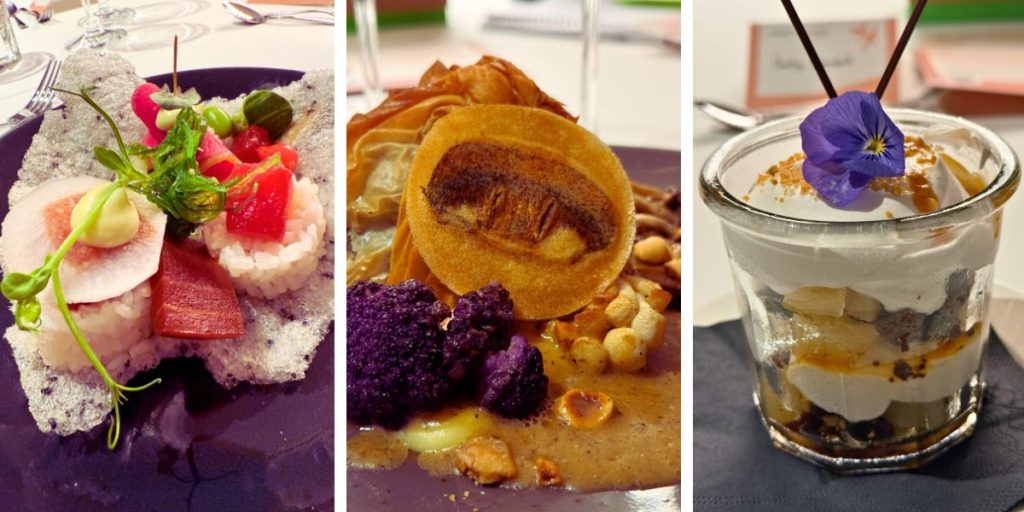
Why It Matters
What I saw in the Netherlands wasn’t a collection of quirky experiments; it was a glimpse into the future of how we might feed the world.
The work happening there is essential, a blend of ingenuity and optimism that reminds us what’s possible when we put collaboration and care at the centre of innovation.
If we’re serious about tackling climate change and ensuring food security for generations to come, it’s time we got behind ideas like these, like the Dutch already are.
Article written and images by Sally Bendall @girlabout.travel








